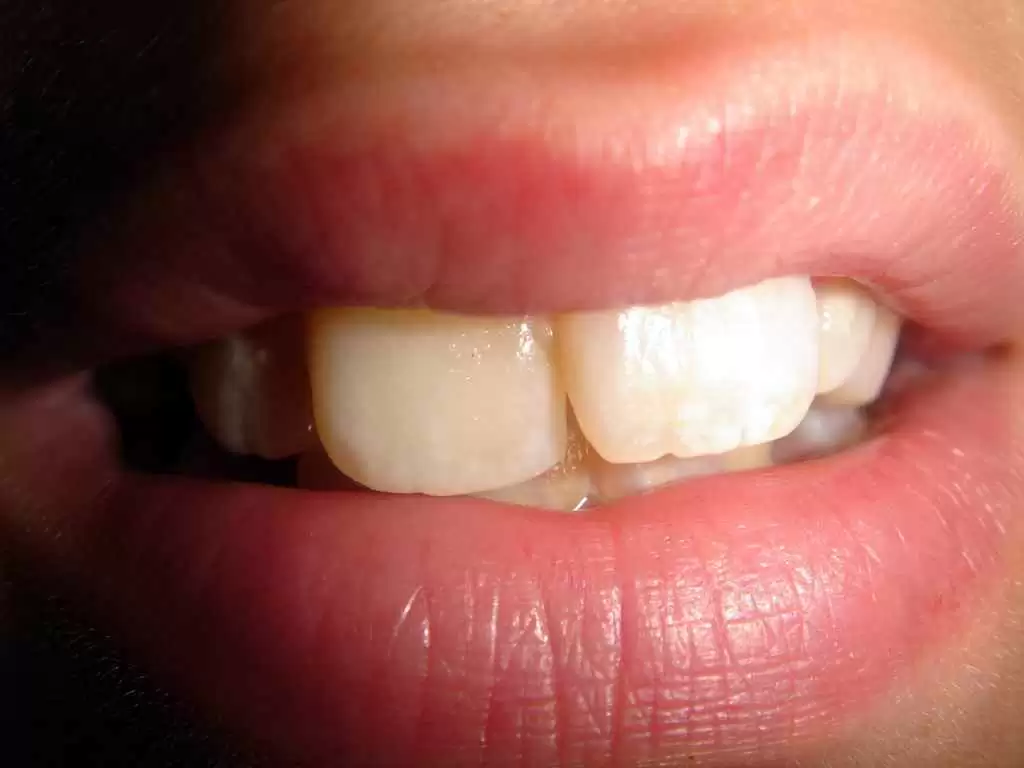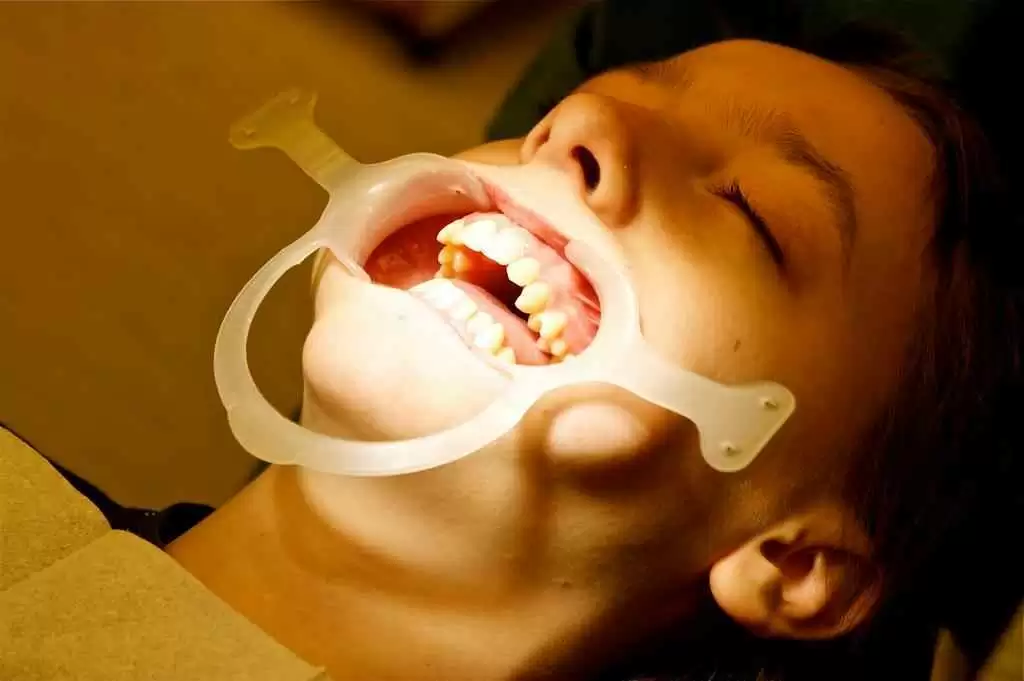
09/12/2022 - In most cases, celiac disease is diagnosed using anti-tTG, anti-DGP, or EMA serological tests, and then confirmed via duodenal biopsy. Xerostomia or dry mouth is a common problem for people with celiac disease. Xerostomia interferes with normal salivary gland function, causing dry mouth, which can trigger oral plaque and periodontal disease.
Looking to establish a non-invasive method for diagnosing celiac disease, a team of researchers recently set out to compare salivary and serum levels of tissue transglutaminase IgA (tTG-IgA), and to assess the severity of xerostomia symptoms in people with celiac disease. The research team included Mehran Ajdani, Nazanin Mortazavi, Sima Besharat, Saeed Mohammadi, Taghi Amiriani, Ahmad Sohrabi, Alireza Norouzi, and Ghezeljeh Edris.
Celiac.com Sponsor (A12):
For their case–control study, the team drew participants from the internal ward of Sayyad Shirazi hospital, along with a healthy control group of students at Gorgan Dental College. The team then conducted serum analysis with patient consent. They followed with a salivary test, and then compared the results of both tests.
The team used the Xerostomia Inventory questionnaire to assess the severity of xerostomia symptoms. The team looked at factors such as total protein concentration of saliva, albumin concentration, amylase level, along with levels of pH, sodium, calcium, potassium, phosphorus, and interleukin (6, 18, and 21).
The team looked at a total of seventy-eight people, aged 15 to 68, about two-thirds of whom were female. Overall, the serum and saliva of people without celiac disease showed higher levels amylase than those with celiac disease.
Meanwhile, people with celiac disease showed higher average levels of IL-6، IL-18 ،IL-21, and salivary and serum tTG. Additionally, celiac patients were more likely to develop xerostomia than non-celiacs.
The team's findings show that celiac disease can reduce some salivary enzymes and elements in the mouth, and increase inflammatory cytokines, salivary, and serum tTG.
The team suggests that doctors should help celiac patients to manage dry mouth to help avoid the damage associated with the condition.
Previous studies have shown that dental enamel defects are strong indicators of celiac disease. Learning about the connection between celiac disease and mouth health This new study further highlights the relationship between celiac disease conditions in the mouth and teeth.
Stay tuned for more on this and related stories.
Read more in BMC Gastroenterology
The researchers are variously affiliated with the Dental Research Center, Golestan University of Medical Sciences, Gorgan, Iran; the Department of Oral and Maxillofacial Medicine, School of Dentistry, Golestan University of Medical Sciences, Gorgan, Iran; the Golestan Research Center of Gastroenterology and Hepatology, Golestan University of Medical Sciences, Gorgan, Iran; the Stem Cell Research Center, Golestan University of Medical Sciences, Gorgan, Iran; the Golestan Research Center of Gastroenterology and Hepatology, Golestan University of Medical Sciences, Gorgan, Iran; and the Cancer Control Research Center, Cancer Control Foundation, Iran University of Medical Sciences, Tehran, Iran.









Recommended Comments
There are no comments to display.
Create an account or sign in to comment
You need to be a member in order to leave a comment
Create an account
Sign up for a new account in our community. It's easy!
Register a new accountSign in
Already have an account? Sign in here.
Sign In Now